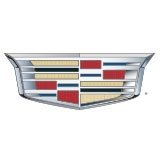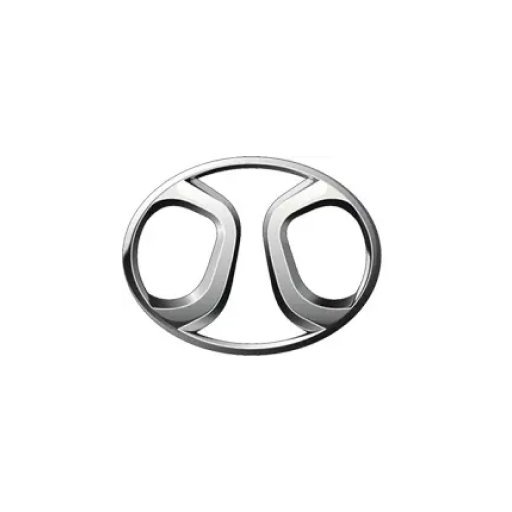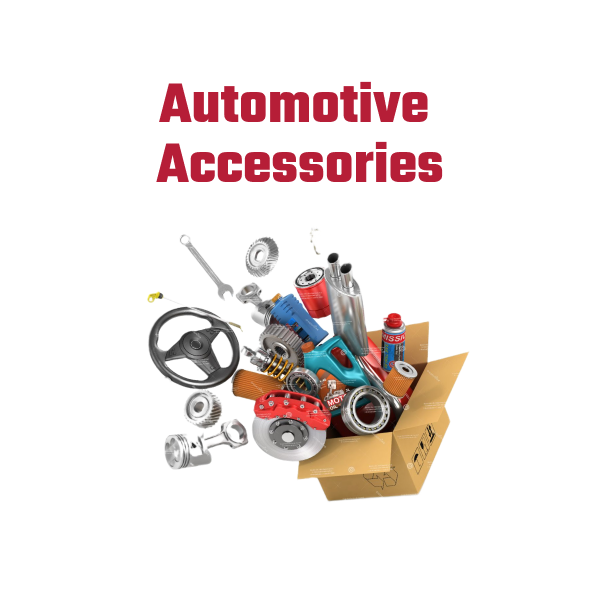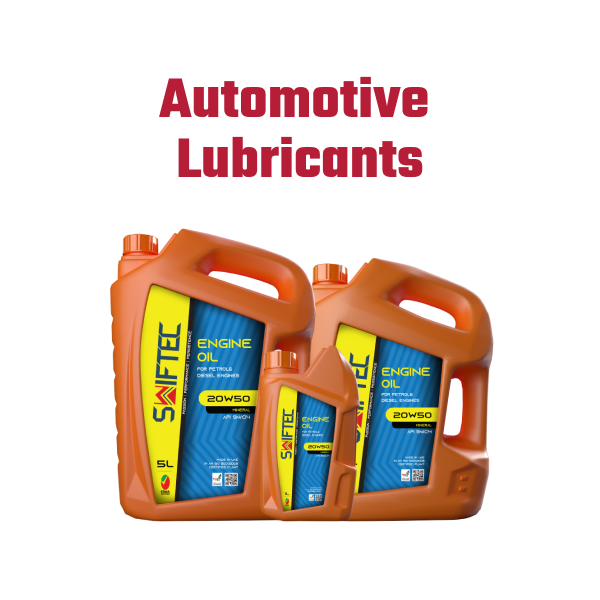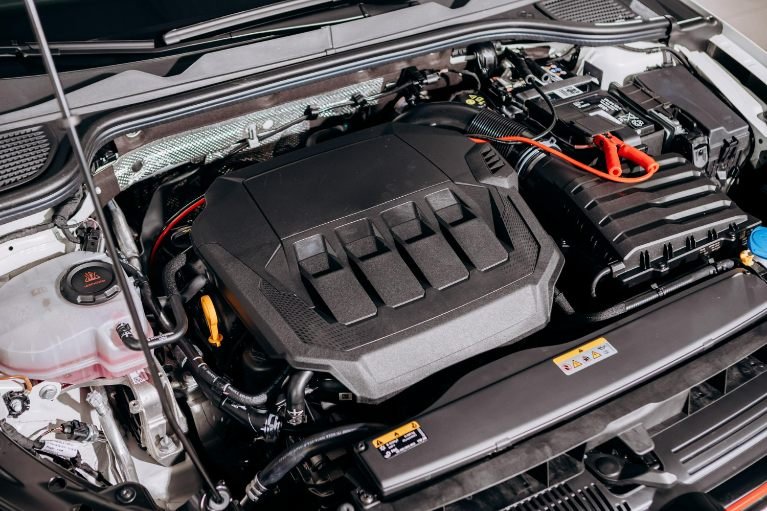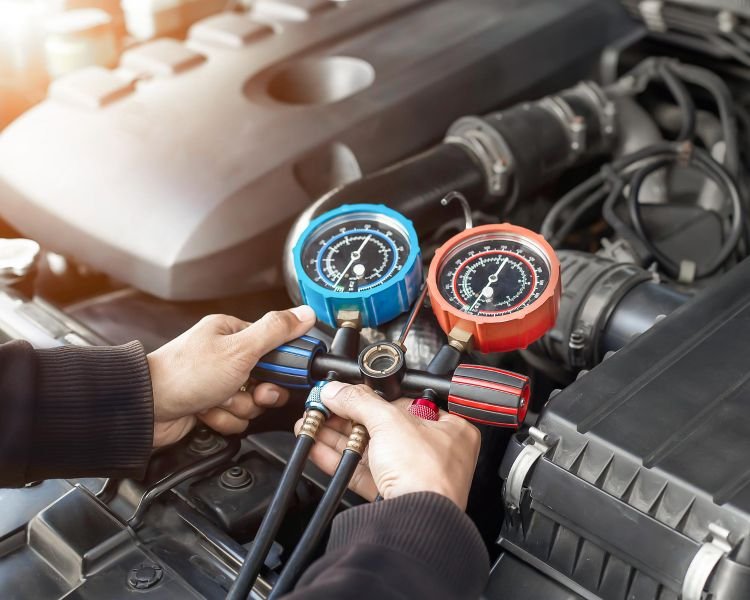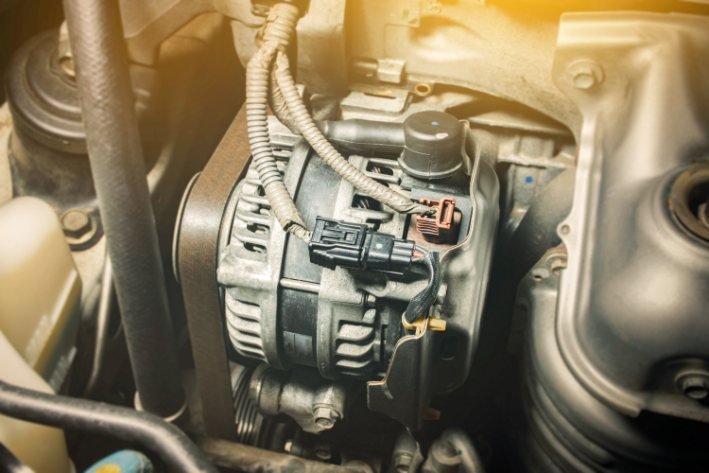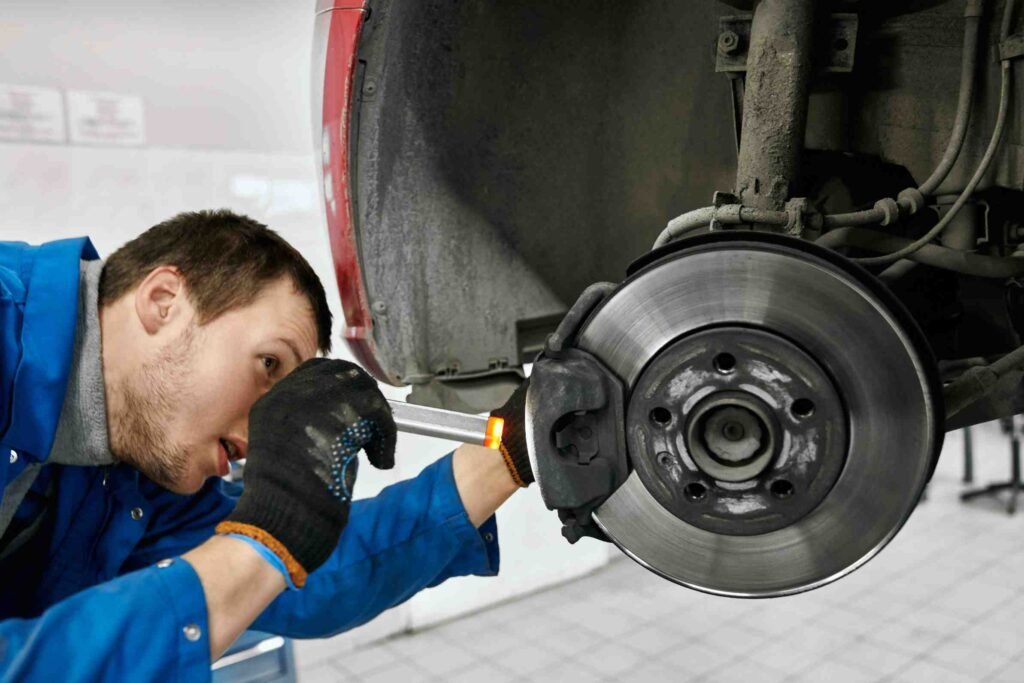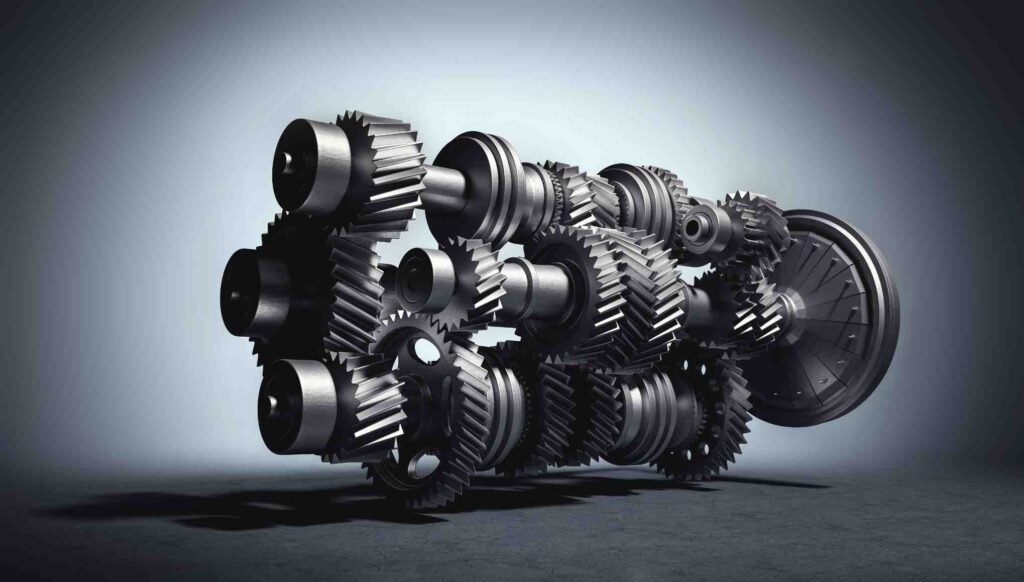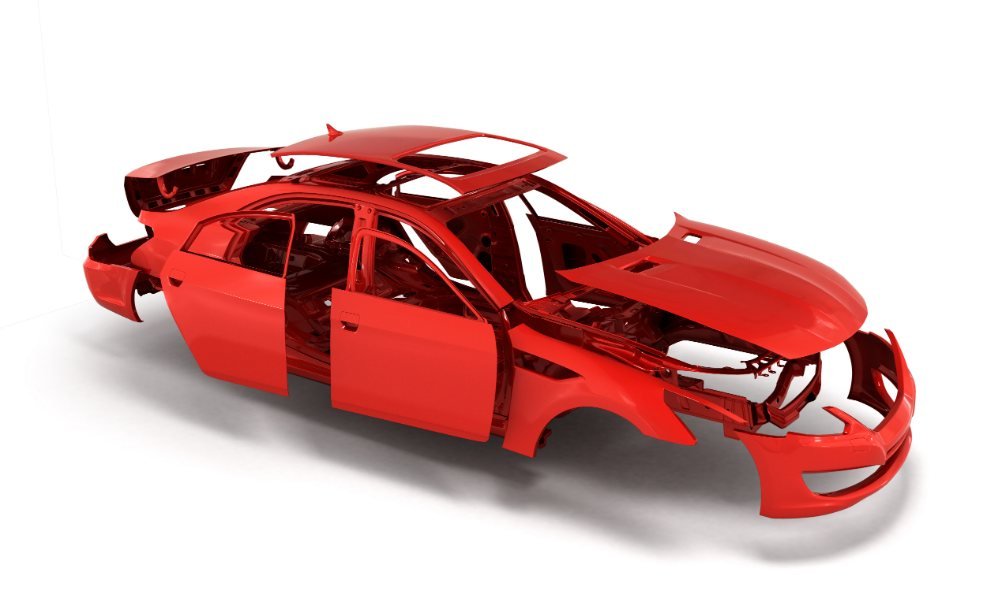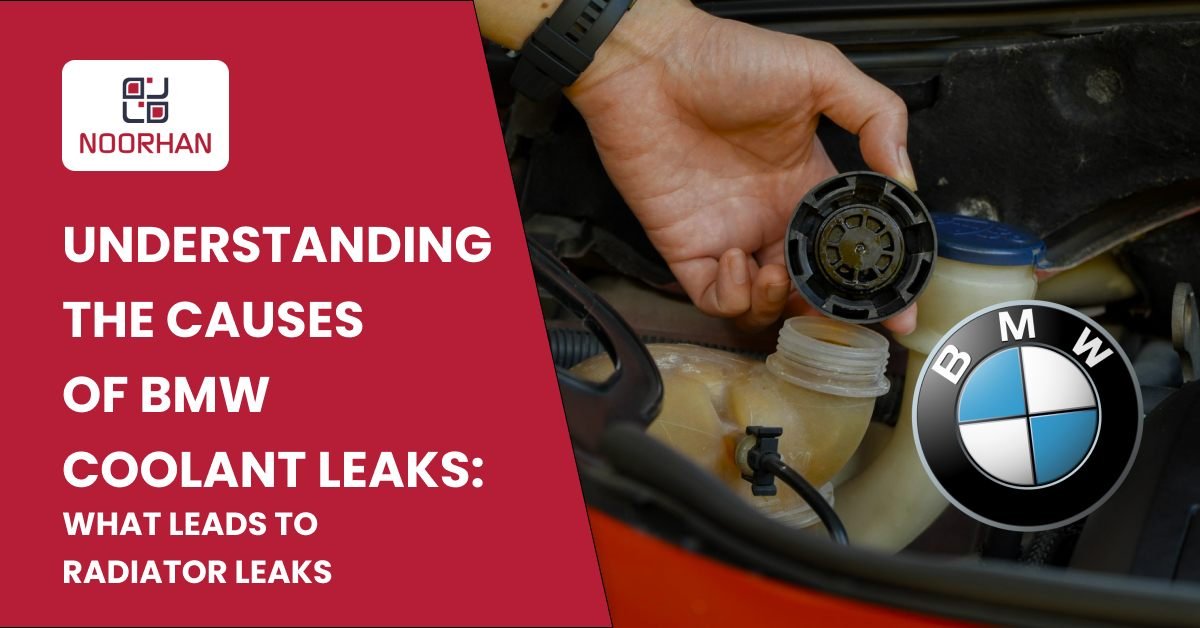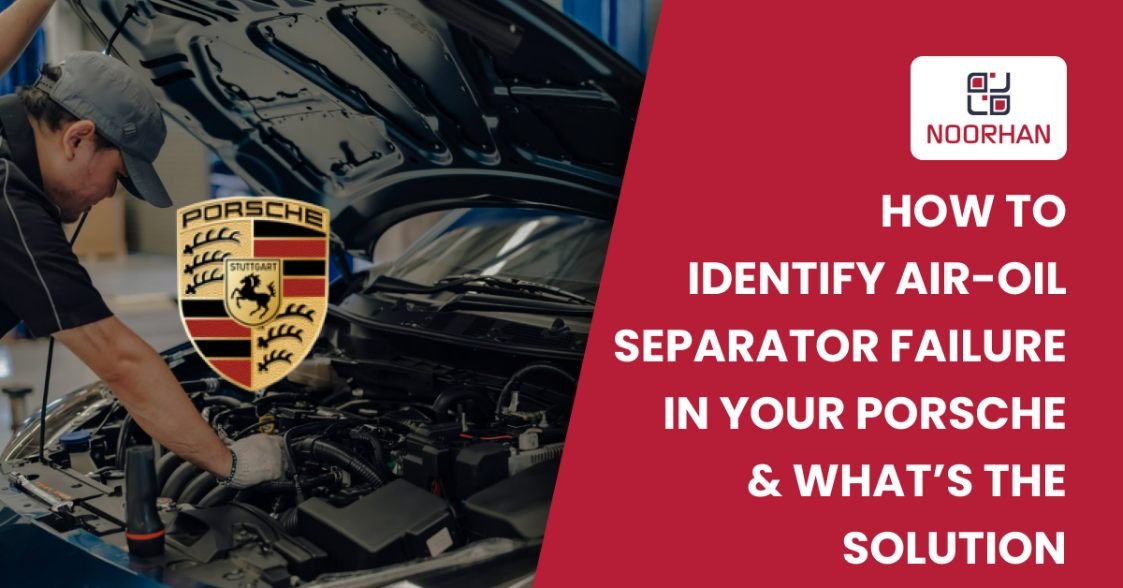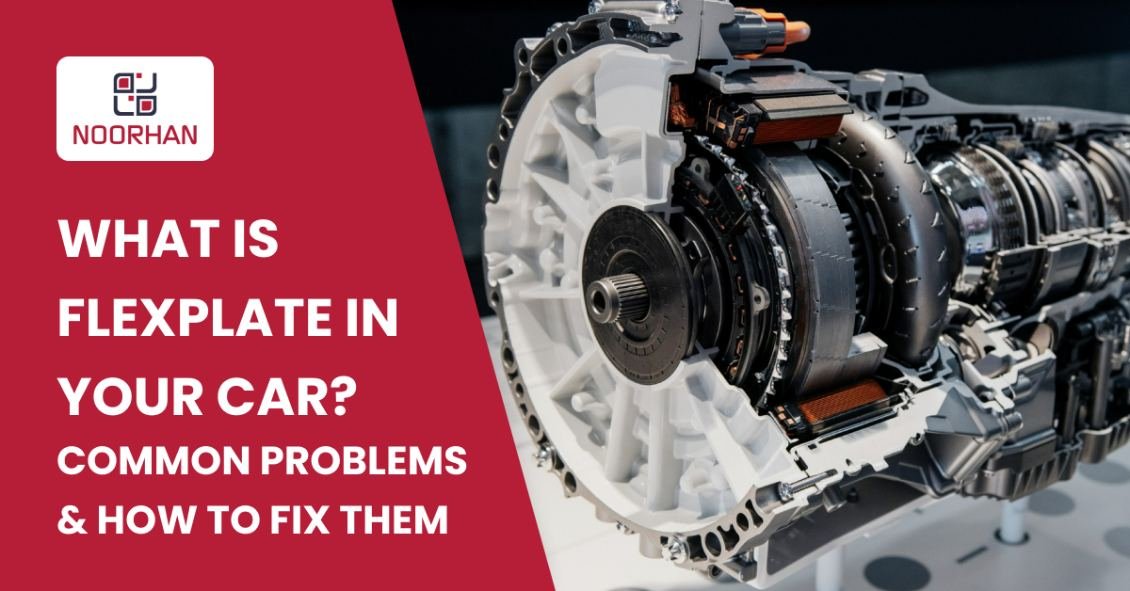Automatic Car Transmission: Symptoms of Failure and How to Take Care of It
The car is a sophisticated mechanism. The automatic gearbox is one of the most advanced auto parts in an automobile. This mechanism automatically functions as a manual change and shifting of gears done by the driver.
Understanding how an automatic car transmission works will make you a better driver and give you a greater understanding of possible failures and faults in the system and take better care of it.
Your vehicle’s automatic gearbox is a key system that requires proper care and attention from you to ensure long-term performance. Replacing an automatic gearbox might cost you almost similar to replacing an engine. This makes it critical that you pay attention to the signs of failure discussed in this blog and ensure taking care of it, you’ll have a healthy transmission system for a long time.
What is Automatic Transmission and How Does it work?
The automatic transmission system simplifies driving by eliminating the need to shift gears manually and makes lives easier for us. Even if someone isn’t an expert, they could practice for a while and start driving a car because the gear shift is already taken care of.
This was started in the 1930s by general motors. They were the first ones to experiment with the automatic transmission system. The design, working, and mechanism have improved significantly in the past years.
An automated transmission performs a straightforward function. Aside from selecting Drive, Reverse, Neutral, and Park, it changes gears without the driver’s input. The engine’s crankshaft begins to rotate faster by pressing the accelerator pedal, causing greater pressure within the torque converter. As the car travels ahead, the gearbox’s hydraulics and electronics detect its speed in proportion to engine speed, and the transmission automatically changes gears in response.
Recommended Read: Automatic vs Manual Cars: What is the difference?
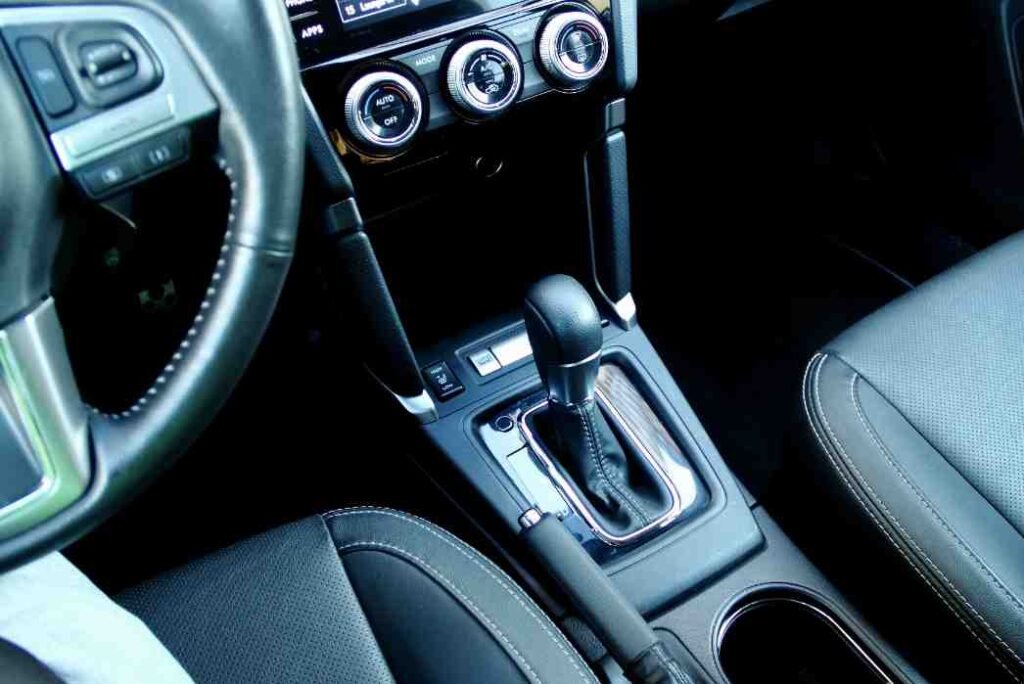
Symptoms of Failure in Automatic Transmission Car
Everything from the engine to the gearbox has to be serviced. However, if someone ignores taking care of the transmission system, this reflects on the car parts very clearly, and a bigger problem could drill bigger holes in your pockets.
So, to spare you a large bill, here’s a list of the top symptoms that might develop with an automatic gearbox.
Transmission Hesitation
In this case, you, the driver will often notice a tiny delay between the activation of driving activities and the locomotion of the car. A very minor delay is not a sign, but if the delay is longer than normal, it is a sign of a faulty automatic transmission system.
The most typical cause of transmission sluggishness is a faulty pressure pump or a sliding clutch. This can also be caused by a lack of fuel pressure in the gearbox.
Slipping Gears
Slipping gears is one of the most common consequences of failing to service your car’s automatic gearbox regularly. The ECU, Engine Control Unit, of an automatic gearbox computes several factors and provides the signal to the transmission to pick the proper gear.
However, the transmission or the ECU does not always respond to our right foot (accelerator pedal) as we would want. As a result, gears begin to slide. In this case, either the transmission shifts back to neutral or the previous gear is on and off, or the shift solenoids are faulty. And this causes serious difficulties.
Transmission Fluid Seepage
There is nothing technical about this. If the transmission fluid is leaking, it is a sign of a problem in the transmission system. To have a smoother transition of the gears the fluid is very important, and if there is a leak it can cause your internal parts to be damaged causing bigger problems.
Grinding of Gears
The problem of grinding gears is more prevalent in automobiles with manual transmissions, but it may also arise in cars with automatic transmissions if regular checkups are not performed. There might be uneasiness in driving smoothly and noises from your car as you change speed.
Unresponsive transmission
Your car’s automatic gearbox should respond to all gear selections. However, if the system is not responding to the inputs, it is time to get it checked out. If the transmission in your automobile is not reacting, this suggests that either the transmission fluid is too old and has grown viscous, or there is an issue with the electricals.
Noise from the transmission system
When driving an automatic transmission car, you may hear whining or rumbling sounds. This is most likely due to worn bearings or other moving components. The loudness of the noises may or may not be related to the shift in gears, even with other common problems, you might hear some noise. These noises are concerning since they are a sign of some harm to the transmission’s internal parts.
Transmission Overheating
Overheating is a big problem. Aside from lubricating, transmission fluid has several other applications. The working fluid inside the transmission also removes heat from the transmission’s moving parts and dissipates it outdoors. A routine check of the transmission fluid level is required. If the transmission assembly is low on transmission fluid, we recommend topping it off as soon as possible.
Smells like it’s on fire
Your automobile should not have a burning odor, and this is cause for alarm. Overheated fluid is one of the most typical reasons for a burning smell from the transmission. The fluid in your gearbox is extremely vital in keeping this highly expensive and complicated system working correctly. It is mostly used for lubricating.
All of these are signs of automatic transmission problems.
If your car’s transmission system breaks down, it could get costly and require a lot of work, So, why don’t we discuss how to take care of your Car’s automatic transmission system?
How to Maintain a Car’s Automatic Transmission System
Many transmission problems start small. Ignoring the warning signs we recently discussed, can cause bigger problems. Some repairs are minor and inexpensive, and they can save you a large fee later on. While others can be very expensive.
There are things you can do to help your automatic gearbox last longer and prevent transmission failure.
Let us discuss some top transmission maintenance tips:
Check your transmission fluid regularly
Checking the transmission fluid is as simple as checking the oil in many cars, light trucks, and SUVs: with the engine idling, draw out the dipstick, wipe it out, insert it again, wait, and pull it out to get an exact reading.
The fluid itself should be a brilliant crimson color, transparent, and fragrant. If it’s murky, black in color, or smells like rotten fish, take it to a service station.
Use the proper transmission fluid
Use the transmission fluid that’s most compatible with your car model. To discover what transmission fluid to use, always reference your vehicle’s owner’s handbook. The most common types are Dexron/Mercon and Multi-Vehicle Synthetic.
Service your engine’s cooling system
The cooling system in your car aids in the prevention of engine overheating. But did you know it also cools the transmission fluid that flows through the gearbox? Before your engine overheats, you’re more likely to require gearbox repair. It is highly recommended to have a regular check-up of the cooling system if it is in good working order or not.
Have your transmission flushed regularly
It is advisable to leave changing the transmission fluid in your automobile to a professional. You can go through your owner’s handbook for particular directions, but in general, it is highly advisable to get your vehicle’s transmission cleaned once a year. The life of your transmission fluid is determined by the operating temperature of your vehicle and the distance.
Never change gears suddenly while your car is moving
Allow your car to come to halt before shifting from ‘drive’ to reverse,’ or vice versa. If you’d change gears suddenly this would put a strain on your transmission, which might eventually lead to a bigger problem.
Before driving, Warm up your vehicle
Yes, it is understandable that you’re getting later to work, you might hop into the car and start immediately. To ensure better functionality of car parts and longer life of engine and transmission system, always let your engine a few minutes to warm up before you start driving, especially in the winter.
Do not drive on a spare tire for a long time
Driving with mismatched tire sizes or a tiny spare tire for an extended length of time is a no-no. Not only can it cause damage to other elements of your car, such as destroying the wheel alignment and brake system, but it will also place unneeded strain on the gearbox over time.
Replace the transmission filter regularly
Your automatic gearbox may contain a filter that has to be replaced from time to time, the presence of brand and model varies in different car models. Most contemporary cars do not have a transmission filter (also called gear filter), but those that do should be replaced every time the gearbox is cleaned.
Towing is not healthy for your car’s transmission system
Towing big weights in your automobile, especially in hot weather (Summers car is important), can cause the transmission fluid to oxidize or burn, causing extensive damage to the transmission.
Apart from these points make sure that your Transmission Control Unit is functioning right.
Wrap-Up
Remember to get routine transmission servicing and inspection done regularly, as recommended in your owner’s handbook. Don’t wait for the alarm signs to appear to make the move with your transmission system issues.
Please ensure that you either use genuine auto parts or quality aftermarket parts to replace the car parts, even the transmission system.
Where can you purchase Auto Spare Parts in Dubai?
Auto Spare Parts are available at different suppliers and dealers of auto spare parts in Dubai. Noorhan is amongst the leading brands that deal with genuine auto spare parts and aftermarket parts for different car brands, including BMW, Mercedes, Audi, Porsche, Honda, Toyota, Nissan, Mazda, Jeep, Ford, and other Japanese, European, American, Korean, luxury cars brand.





















